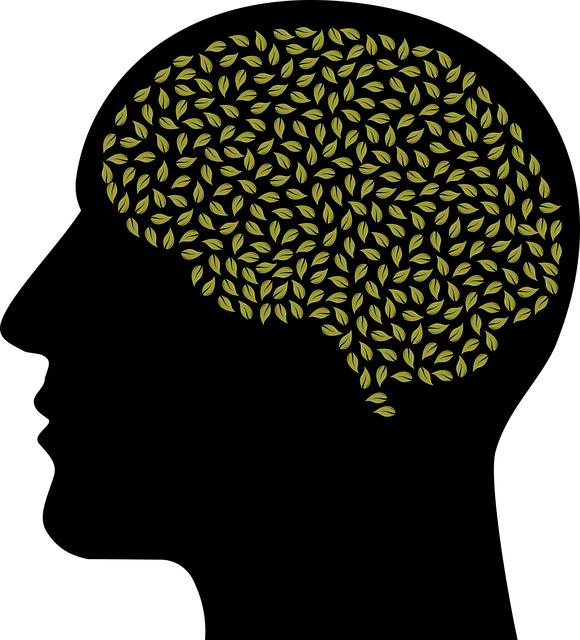Mental health professionals treating blended family dynamics face significant challenges, including secondary trauma and burnout. Golden Blended Families Therapy (GBFT) offers a holistic approach, emphasizing emotional intelligence, positive thinking, and compassionate care. GBFT combines risk management with resilience-building techniques, cultural competency training, and wellness practices to prevent burnout, improve patient outcomes, and foster strong therapeutic relationships. This tailored communication approach helps families achieve lasting positive outcomes.
Mental health professionals face unique risks in their practice, from burnout to ethical dilemmas. This article navigates these challenges by exploring specific areas of concern within mental health work. We delve into understanding the distinct risks inherent in caring for others’ emotional well-being. The focus is on fostering a balanced approach, emphasizing safety and care, particularly during therapy sessions with Golden Blended Families. Additionally, we provide strategies for building resilience among family therapists to navigate complex situations effectively.
- Understanding the Unique Risks in Mental Health Practice
- The Golden Rule: Balancing Safety and Care in Therapy Sessions
- Building Resilient Practices for Family Therapists: Strategies and Tools
Understanding the Unique Risks in Mental Health Practice

Mental health professionals encounter a unique set of risks that differ from those in other fields. The intimate nature of their work, which involves delving into clients’ personal lives and helping them navigate complex emotions, can expose them to potential hazards. One significant challenge is the risk of secondary trauma or burnout, as they often carry the emotional weight of their clients’ struggles. This is particularly true for those working with vulnerable populations, such as children, survivors of abuse, or individuals dealing with severe mental health disorders.
Moreover, the dynamic nature of mental health practice requires professionals to remain adaptable and responsive. They must navigate the complexities of human behavior and individual differences, ensuring tailored interventions. This adaptability also extends to staying informed about emerging research and therapeutic approaches, like those offered at Golden Blended Families Therapy, which emphasizes a holistic and integrated care model. Cultivating emotional intelligence and positive thinking can serve as powerful tools for professionals to manage these risks, enhancing their resilience and the quality of care they provide.
The Golden Rule: Balancing Safety and Care in Therapy Sessions

In the realm of mental health therapy, a delicate balance must be struck between ensuring client safety and providing compassionate care. This is where the Golden Rule—a principle that underpins ethical practice—comes into play. Therapists, especially those catering to diverse populations like blended families, must navigate complex dynamics while fostering an environment of trust and security. The approach requires a blend of strict risk management planning and resilience-building practices, particularly when addressing sensitive topics or managing high-risk cases.
By integrating compassion cultivation techniques, mental health professionals can create a safe space for clients to explore their emotions and work through challenges. This involves actively listening, validating experiences, and providing non-judgmental support. Such practices not only enhance the therapeutic relationship but also contribute to better risk assessment and management. Effective risk assessment strategies, combined with strong resilience-building techniques, enable therapists to address potential hazards while delivering Golden Blended Families Therapy that is both safe and transformative.
Building Resilient Practices for Family Therapists: Strategies and Tools

Mental health professionals, particularly family therapists, encounter diverse and complex cases daily. Building resilience is crucial to navigate these challenges effectively and prevent burnout. Golden Blended Families Therapy offers valuable strategies for creating robust practices. By integrating communication strategies tailored for families with varied cultural backgrounds, therapists can foster inclusive environments. This approach enhances the quality of care and ensures every client receives personalized support.
Additionally, incorporating wellness practices into daily routines is essential for burnout prevention strategies for healthcare providers. Regular training in cultural competency helps professionals stay updated on best practices for different communities. These initiatives contribute to a healthier work-life balance and enable therapists to provide more nuanced and compassionate care, ultimately strengthening their ability to help families achieve lasting positive outcomes.
Mental health professionals, especially those specializing in family therapy, face unique challenges that require a nuanced approach to risk assessment. By understanding and balancing the delicate equilibrium between safety and care, as highlighted by the Golden Rule, practitioners can create resilient practices. Adopting strategies such as regular supervision, peer support networks, and evidence-based tools, particularly designed for Golden Blended Families Therapy, enables professionals to navigate complex cases effectively while safeguarding their well-being. This holistic approach ensures that both clients and therapists thrive in the therapeutic process.










